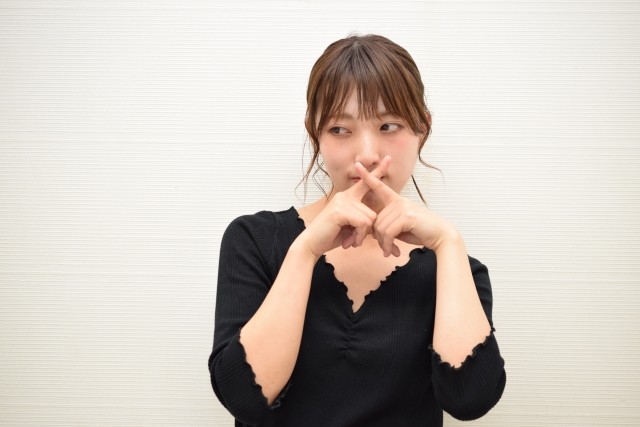I’ve met many Japanese people who speak English, from absolute beginners to people who can speak like a native English person. I’ve met them in different ways, too; through socialising, through work, by living a regular life in Japan and, I have been approached by complete strangers, too!
When I first arrived in Japan, I was surprised at how direct some people were. I would tell Masami about these conversations and, she explained it’s a cultural difference AND how these people were taught.
Below are some questions and statements that I thought were too direct, especially when meeting someone for the first time. I like direct questions, they are simple, the meaning doesn’t get lost. Although, other people may find them rude or feel uncomfortable hearing them.
How old are you?
How old are you? A simple question that is culturally accepted in Japan but is unusual to ask in English conversation. Knowing someone’s age is not important and people can be sensitive about it. Please don’t ask this question when meeting someone for the first time, it can be quite awkward.
Where do you live?
Where do you live? I’m in two minds about this question. On one hand, it’s an innocent, direct question that can lead to an interesting conversation. On the other hand, it’s a creepy question a stalker would ask! There are softer, indirect ways to ask this question like, “Do you live in (the city where you are)?”. This question doesn’t sound like, “I want to know your address.”!
I want to be your friend?
I want to be your friend? Erm. I have heard this a few times and I am confident it’s not a cultural difference. I guess it’s an honest statement, “I want to be friends with you.” but have you ever said that to anyone in your native language, as an adult? Friendship is something that happens not given on request.
Are you single/married?
Are you single? Are you married? Both questions could be misunderstood as “I’m romantically interested in you.” or “I want to matchmake you with someone.”. There is also a misconception that someone is incomplete without a partner. Some people are happy that way.
You’re pretty/handsome.
You’re pretty. You’re handsome. These sound like a nice compliment. Again, both statements could be misunderstood as “I’m romantically interested in you.” or “I want to matchmake you with someone.”.
You use chopsticks well.
You use chopsticks well. I like compliments and this statement is a compliment although, it sounds like a compliment for a child. I sometimes used chopsticks before moving to Japan, now, every day. If someone said, “You use that knife and fork well.” or, “Well done, you can use a spoon.”, how would you feel?
Part of learning any language is learning its culture, what is culturally acceptable in your country may not be accepted in others. These are a few things friendly Japanese people have said to me in English with knowing the cultural differences, I’m happy for the conversation.
Please avoid these questions and statements to build a good relationship with someone, then you can ask them!
【あなたの心が伝わるあなただけの英語】
英語でのコミュニケーションを、あなたらしい英語で。
一人一人のレベル、能力、興味に合った教材や方法を用いた英語レッスンプログラムを
オンラインで学べます。

”あなたの英語”でコミュニケートしたい方は、まずは無料カウンセリングをご予約ください。



